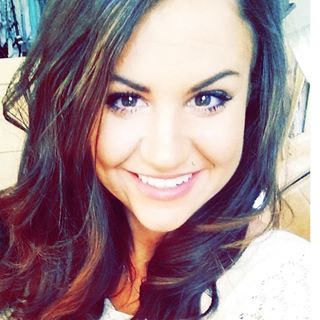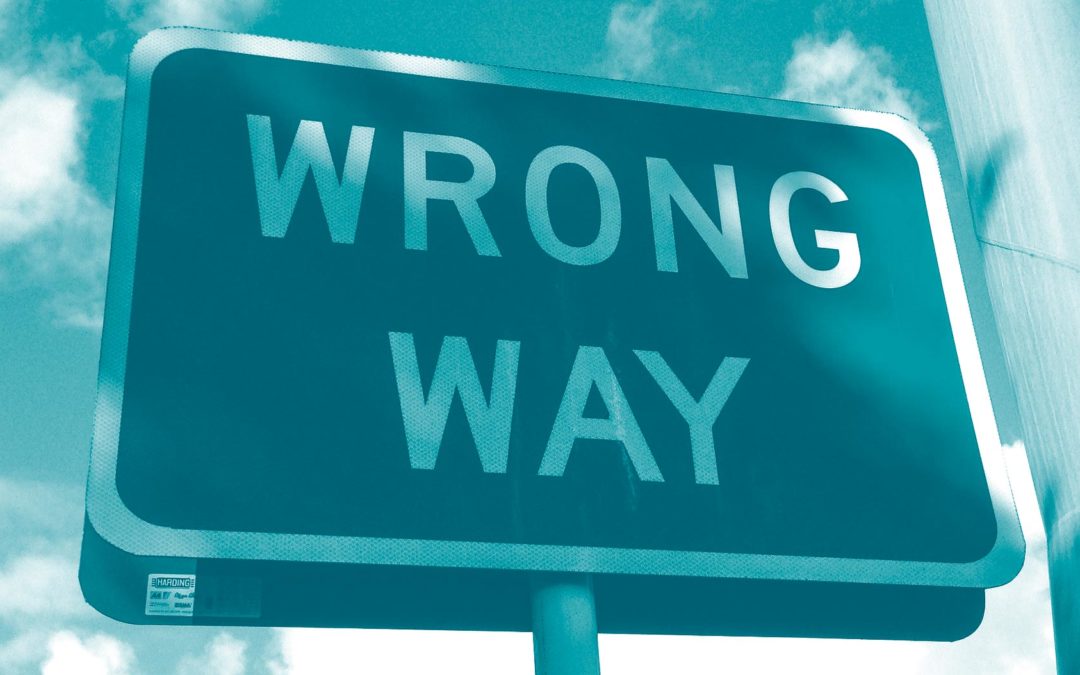My First Relapse: The Importance of Honesty
I want the easy way out. I want to go to treatment for 28 days and return to my life renewed, fresh, free. I don’t realize that in order to be successful, I have to put in the work. I have to be willing to follow guidance. I am not good at listening to others. I think that I can do it my way and my way will work out better.
In treatment, we have a group called relapse-prevention. I learn new tools and methods to prevent me from using again. I have to stop hanging out with the same people I was getting high with. That’s difficult, because the only person I was getting high with was myself. I have to stop using all pills, even if prescribed. Even if my back pain from my car accident 2 years ago is excruciating. No narcotics for me. Apparently, I am an “addict” and I always will be.
I must go to 90 meetings in 90 days. I feel like this is something I can do. I remember during my first day of detox, listening to an older man tell a story about his cocaine addiction. Although there are many parts of his story I don’t identify with; I do identify with his obsession and the fact that he cannot quit cocaine on his own.
I’ve grown to enjoy many of the 12 step meetings I’ve been going to. I like the support, the people. It feels nice to be able to be honest and vulnerable and speak my truth out loud. Before treatment, I would not have imagined spending time with the people I have been as of late. But, I remain humble and remind myself that although our drugs of choice may look different and their consequences might have been worse than mine – we are all suffering. We are all using or drinking and numbing out to escape something. Pain – Pain we do not know how to face without the use of a mind altering-substance. We are in this together. We are learning.
My case manager tells me it is imperative to build a support system outside of treatment. She says that I must continue on with aftercare and that I must have rituals, routine, order. For the past 20 something days, I have learned about order. I wake up at 6am every morning and I make my bed. A requirement by this rehab. I go downstairs to smoke a cigarette before getting ready for my day. I have breakfast at 7am and after breakfast, we read from a daily reflection book. Most of the day is scheduled out like this. It’s between the hours of 2pm – 4pm when we have free time that I have trouble with. Spare time is not good for me. I don’t know how to sit with myself. I want to escape myself, with something, but there is nothing. I am locked away.
On the day of my discharge, I prepare myself. I feel ready. I have a plan laid out in front of me. I will continue on in sober living. I will go to 90 meetings in 90 days. I will get a part time job. I will call my sponsor daily. I will return to my rehab for a 10am group that all alumni are allowed to attend. I will not spend time with people who are drinking or using. I check off each requirement on a sheet of paper before I leave. This is to show that I understand. And I do.
However, I soon forget what I learned. When I get my car back, I discover that there is a full bottle of Vicodin in my trunk. I look at it and leave it there. I don’t throw it out. I don’t know why, but it makes me feel safe. I continue going to meetings, calling my sponsor, building a new support system, and returning to my rehab for the 10am group. But, I have too much free time. My mind starts to race, and I think of the bottle in my car.
I am sitting in the living room of my sober living home and I decide that I can have just one pill. This feeling and this inability to be present for myself won’t leave. I have to escape it and calm myself down. I go to the trunk of my car and into my bedroom and I take a pill. It does the job. I am calm. Soon, I realize I have to lie. I can’t tell the sober living home I did this or they will kick me out. I keep it quiet and luckily they don’t ask me to take a drug test until a week later. By this time, the drug is out of my system.
I continue going to meetings. Picking up chips. Calling my sponsor. Going to the rehab for the 10am meeting. But, I am living a lie and I don’t know how to be honest. I have been told it’s important to be honest but the act of telling the truth about this is shameful. I feel I have failed. And because I am living in dishonesty, and failure, and shame – I realize that I still have my prescription for Xanax at the pharmacy, and I go to pick it up. I keep it in the back of my car for a few days. I read, on the internet, that Xanax stays in your system for a very long time, so I wouldn’t be able to hide this one. However, addiction keeps calling my name. And I decide to take the Xanax.
The lies and the dishonesty continue for another week, until I am unable to stay away from my true drug of choice – amphetamines. This is the one that always takes me down. And a few days after, I am asked to leave my sober living home. I lie to my parents and tell them that something in one of my diet pills must have set me off. There’s an ingredient that’s like an amphetamine and this is what must have done it. Lies, lies and more lies.
My inability to be honest, to follow suggestion, and to take guidance leave me in the cycle of addiction. It will take 3 more years until I am finally able to fully surrender. I didn’t need to continue down this path, but it taught me something. Every relapse I went through led me closer to my truth. And my truth, at that time, is that I didn’t know what was good for me.
I was unwilling to fully listen to others. If I had been honest about my relapse, I could have prevented further damage. I should have told the truth and asked for what I needed. I knew I needed more structure. I knew that I was having trouble with ideal time. But, I didn’t speak my truth out loud. I also wish I would have been told that relapse isn’t failure. Because, it isn’t.
If you are in the middle of a relapse, please remember, that you have not failed. You can change your story. Please call Clean Recovery Centers at 1.888.330.CLEAN (2532) and speak to one of our compassionate, caring staff. We can help.

ABOUT LARA
Lara Frazier is a truth-teller, a sobriety warrior and a writer. She is a FIERCE believer in the power of owning our stories and is a strong advocate for addiction recovery. Lara shares a story of healing: in sobriety, through addiction, in life and love, and in all the other big huge moments of fear and magic that we rarely talk about, but we should. Find more of Lara’s work on Instagram @sillylara.


